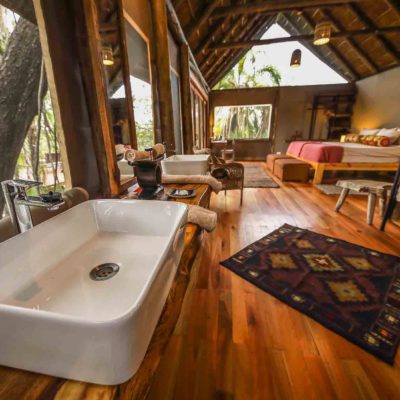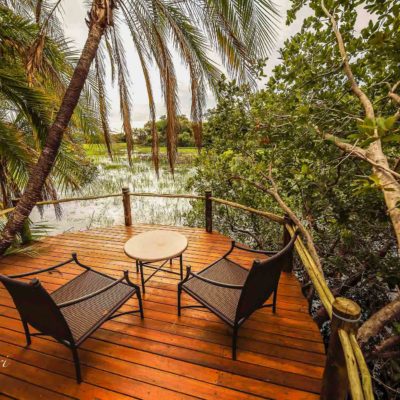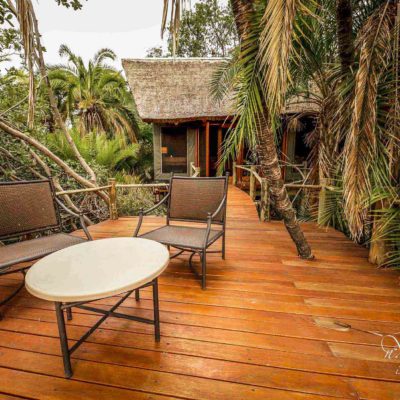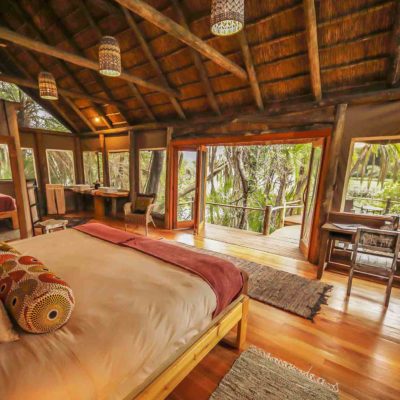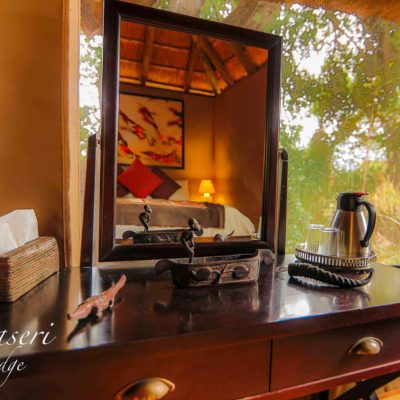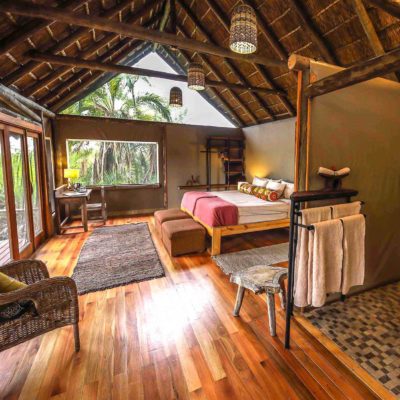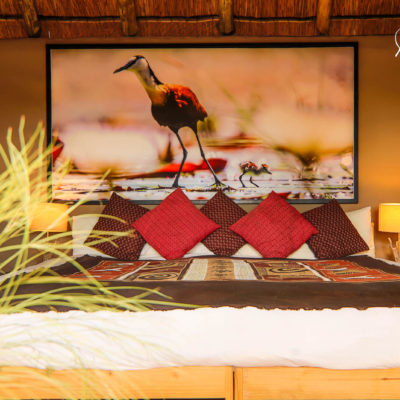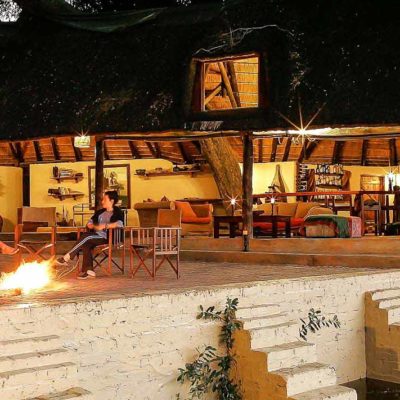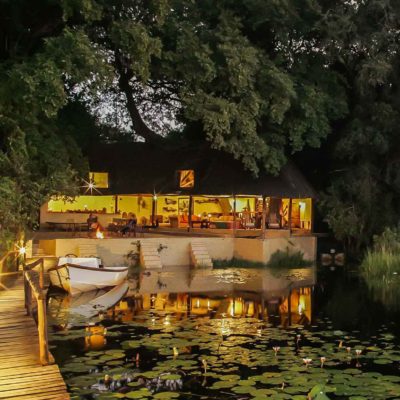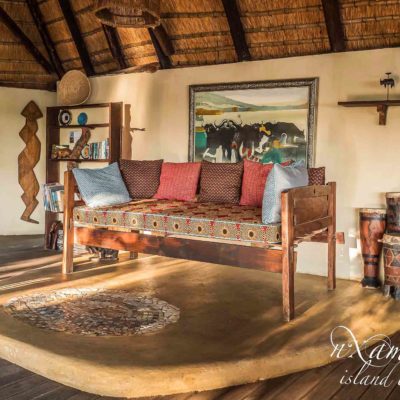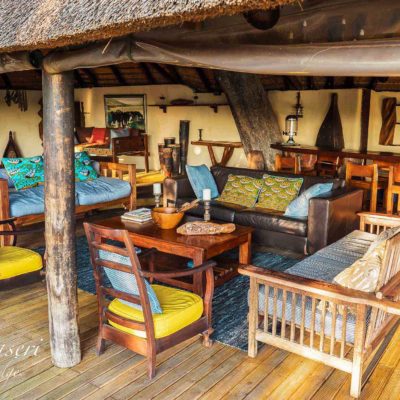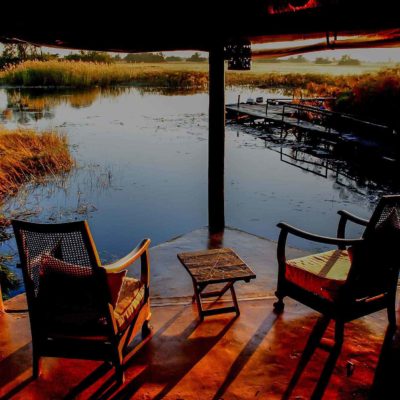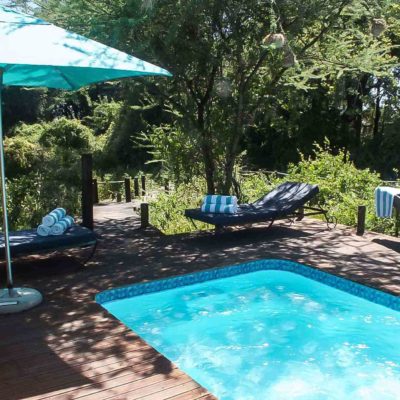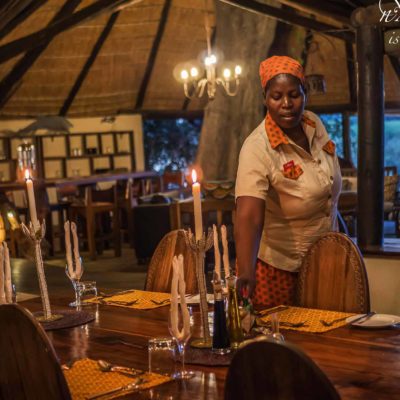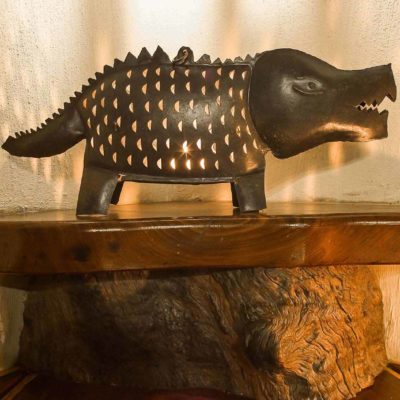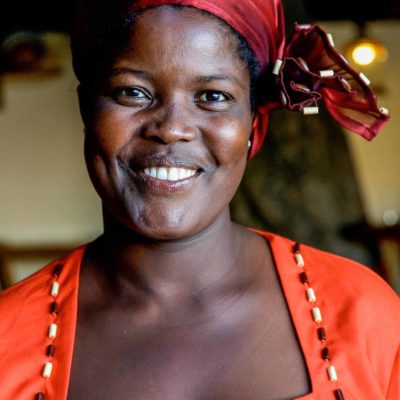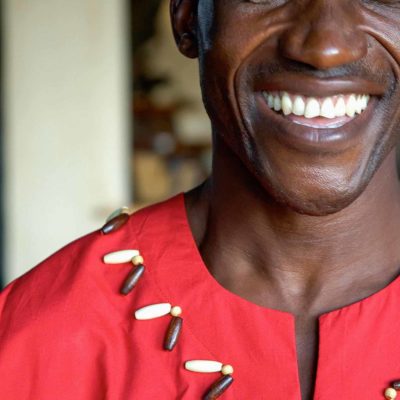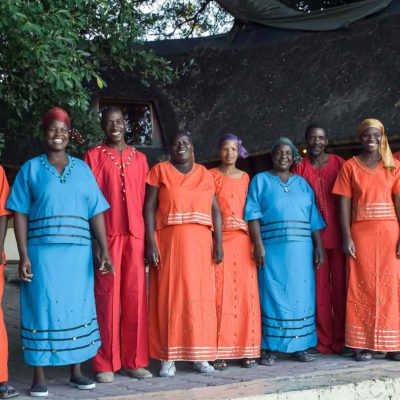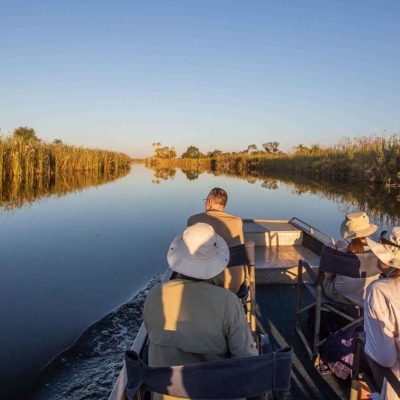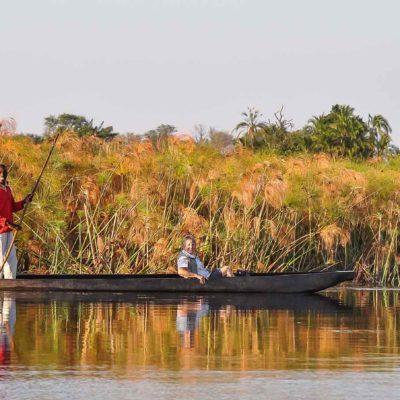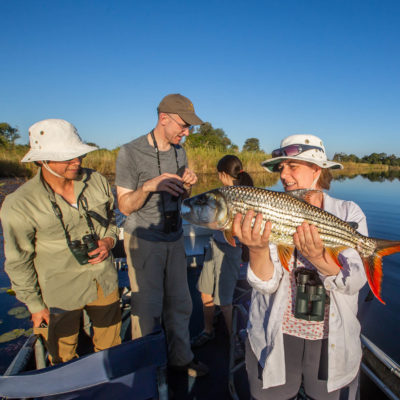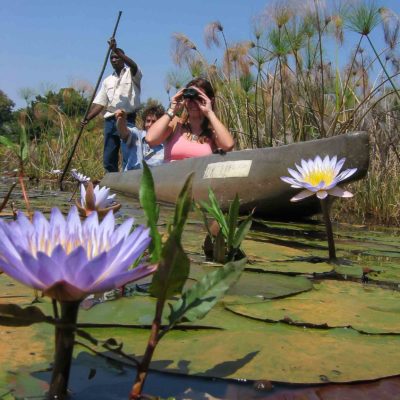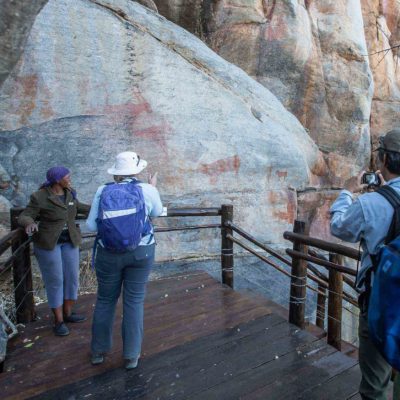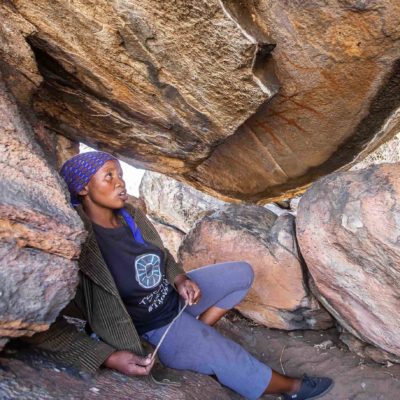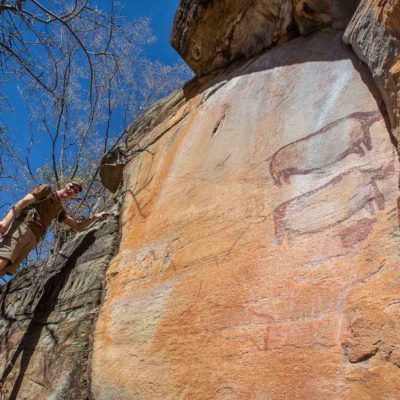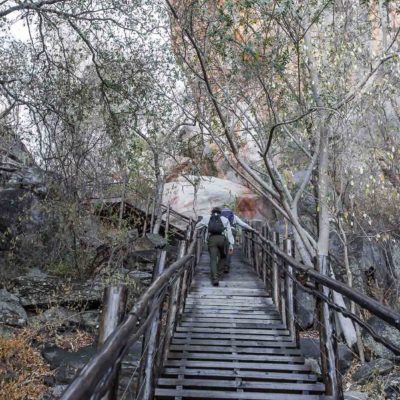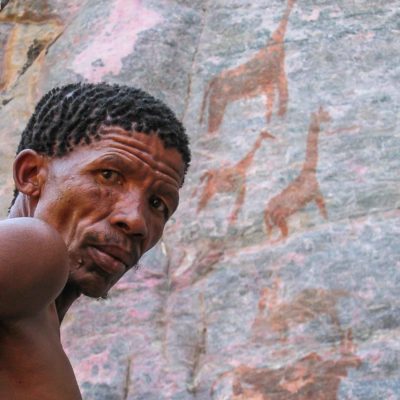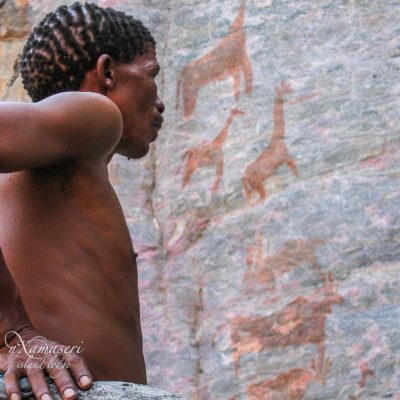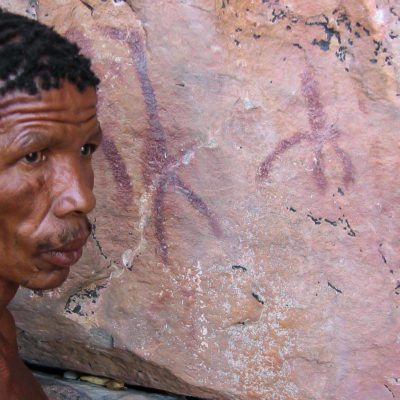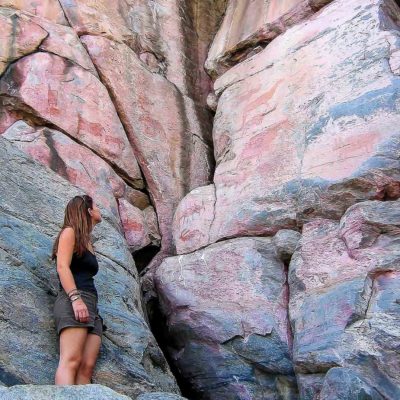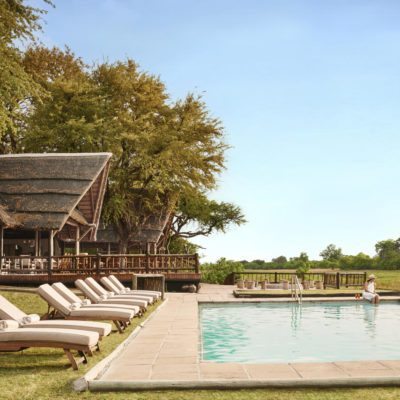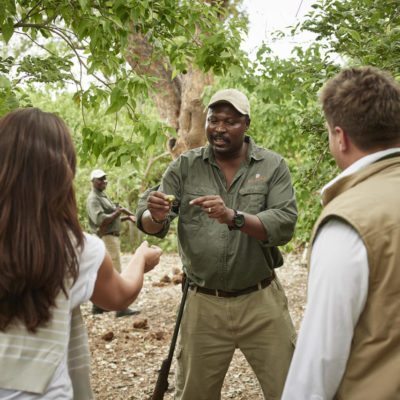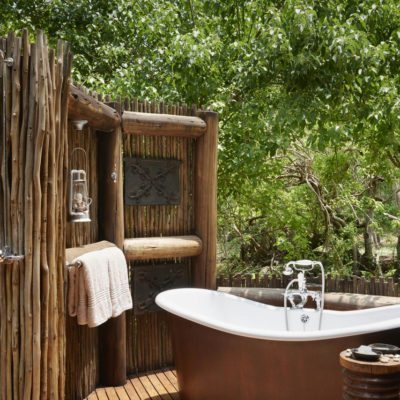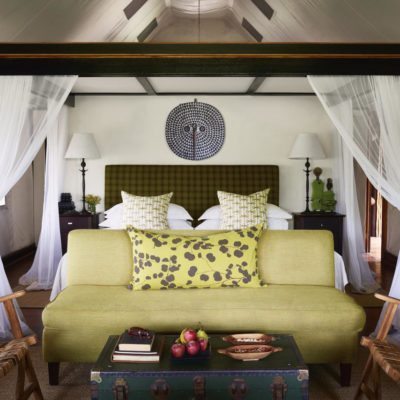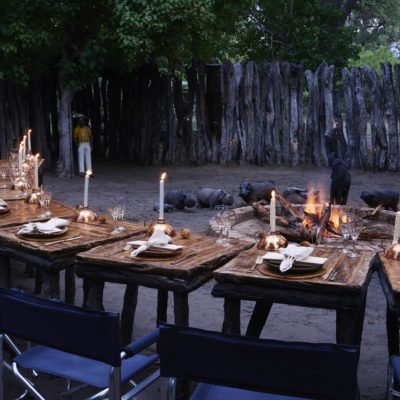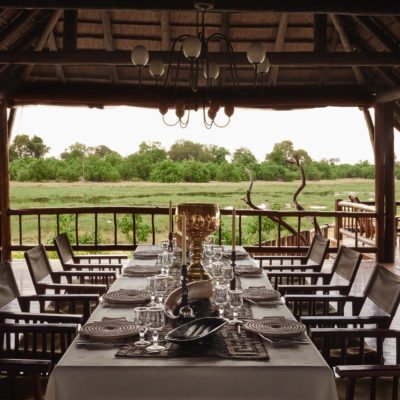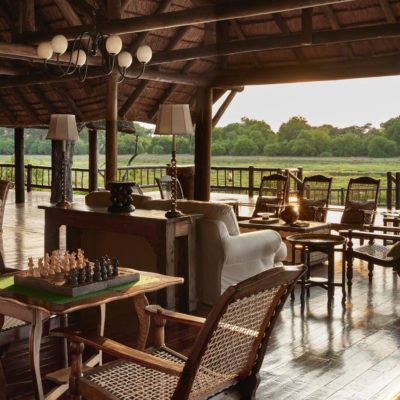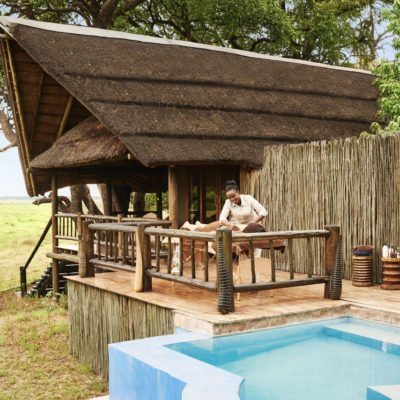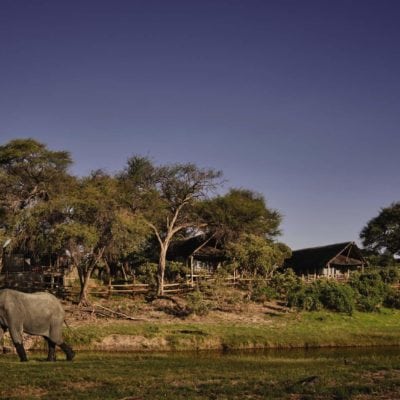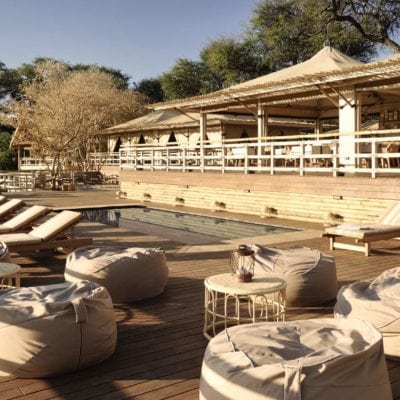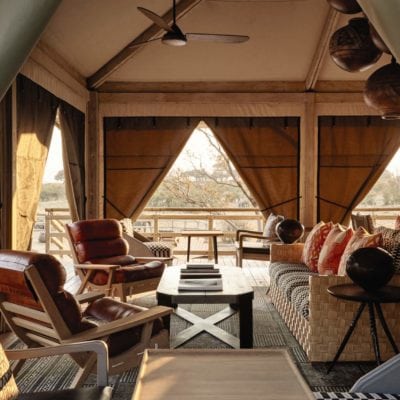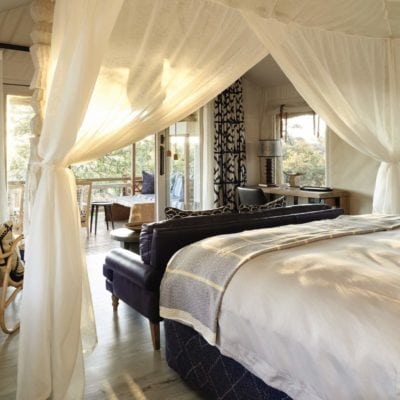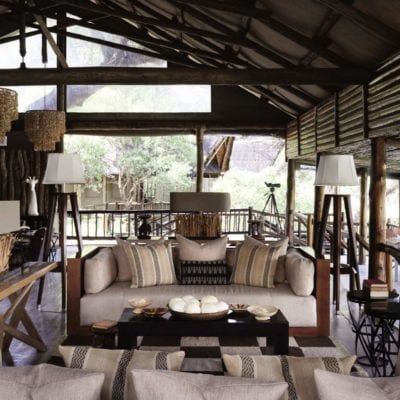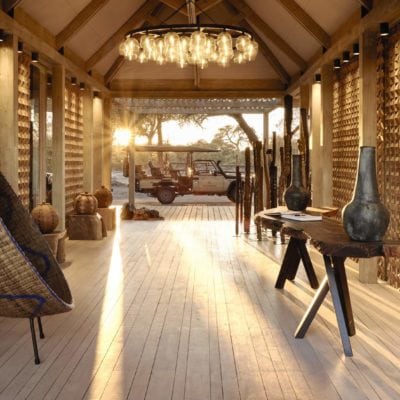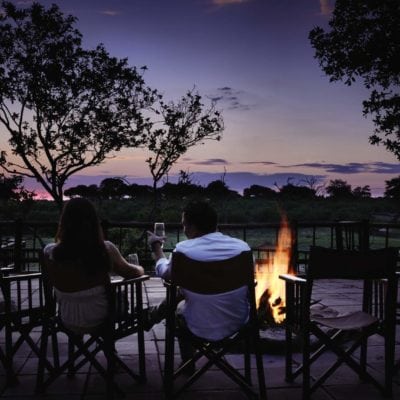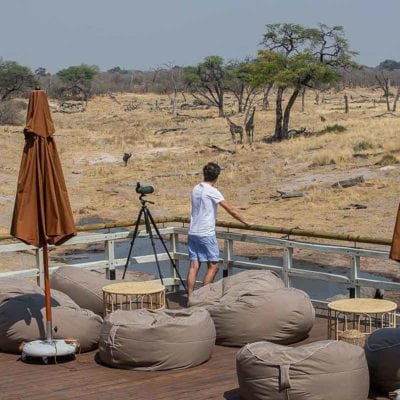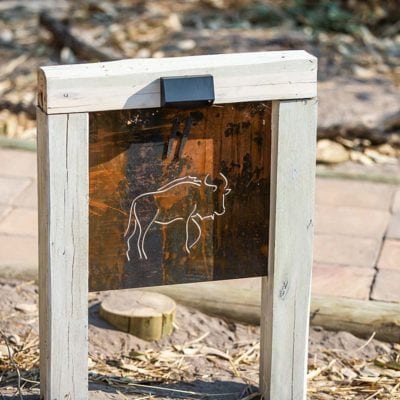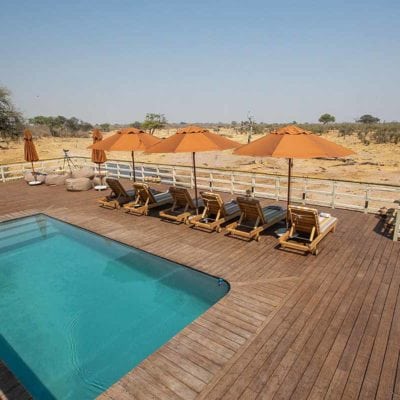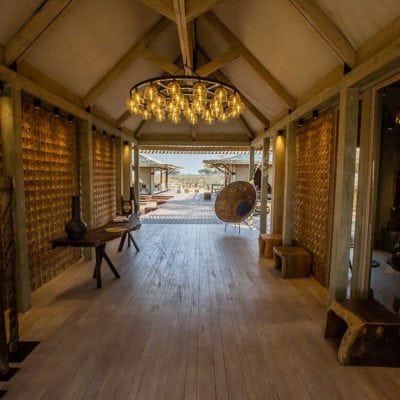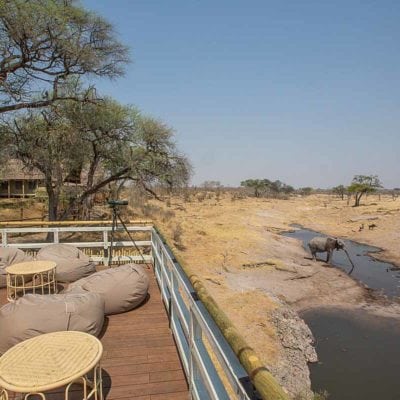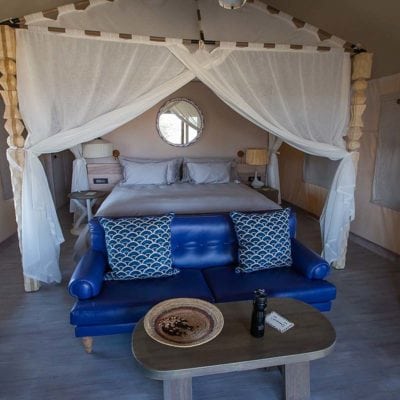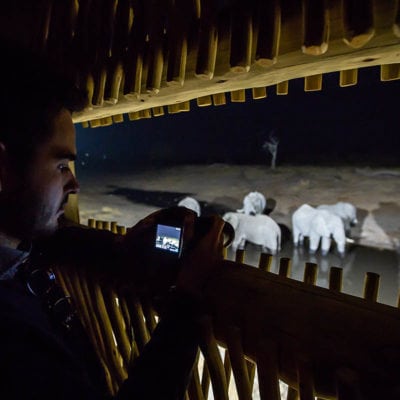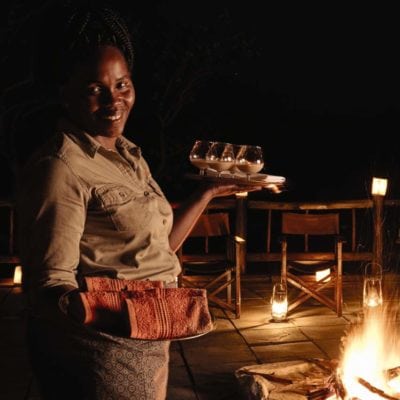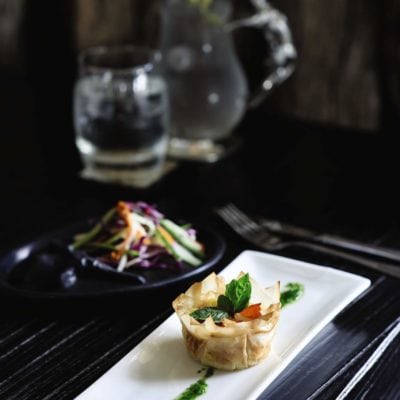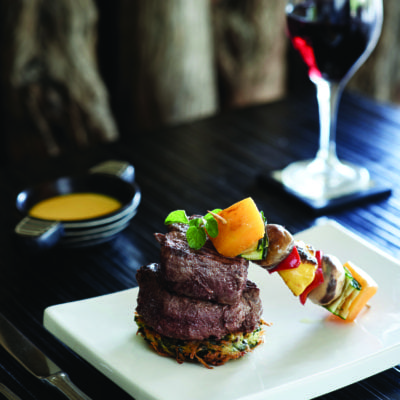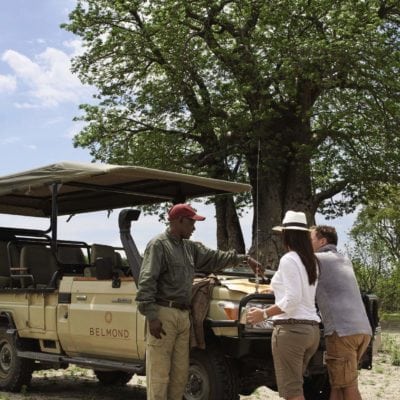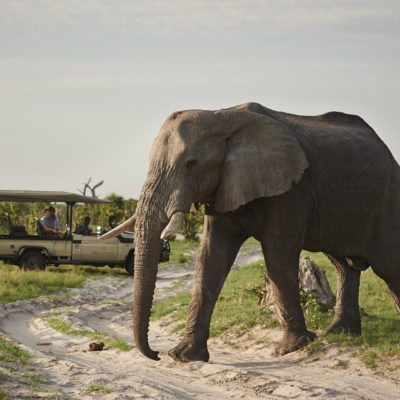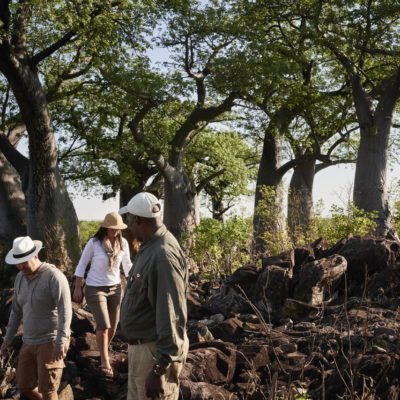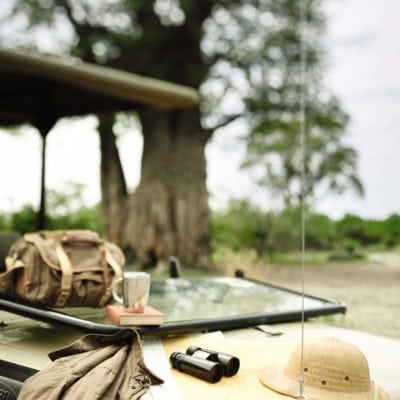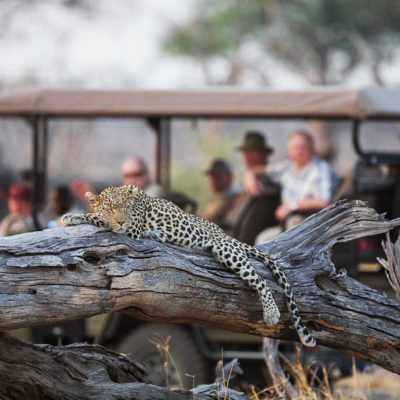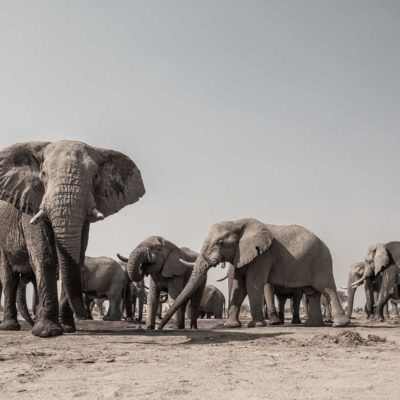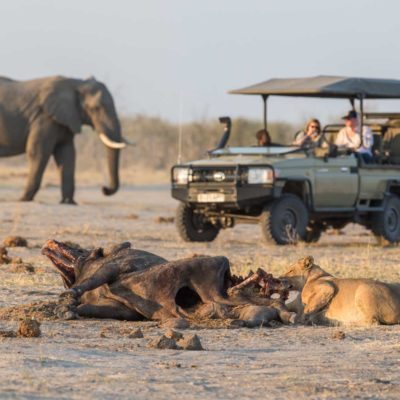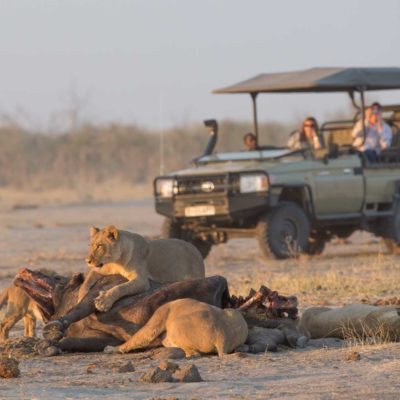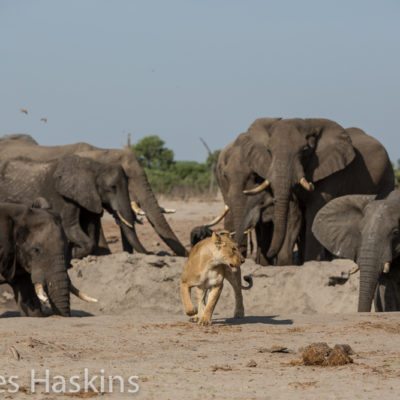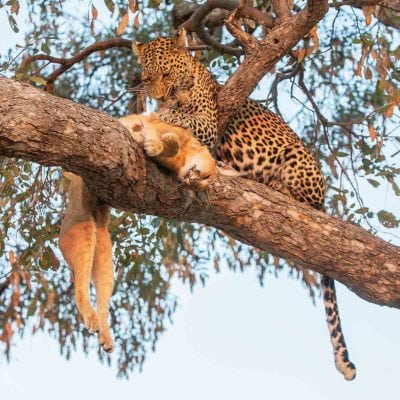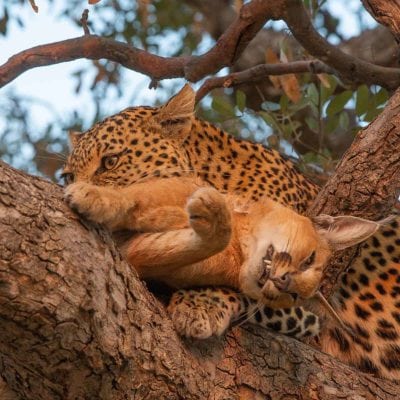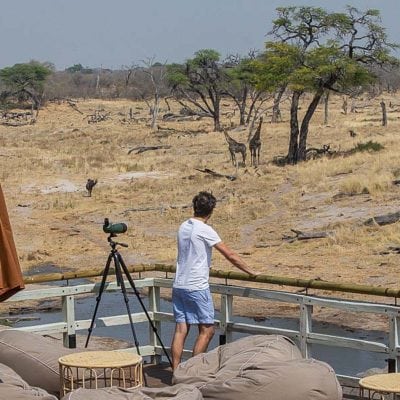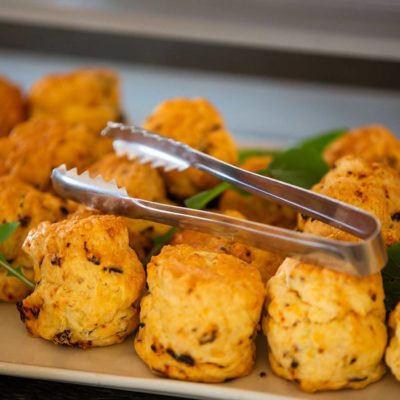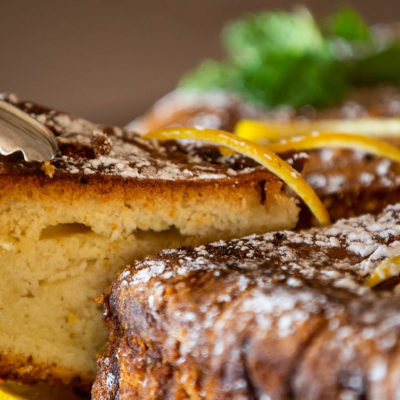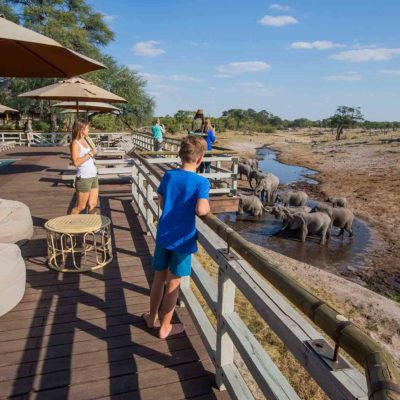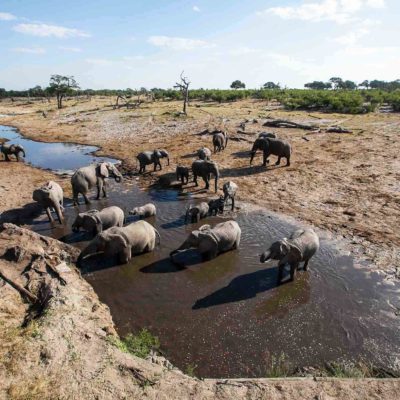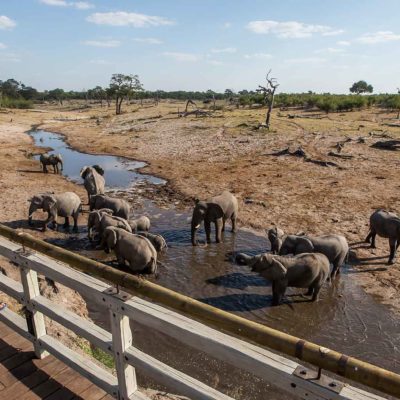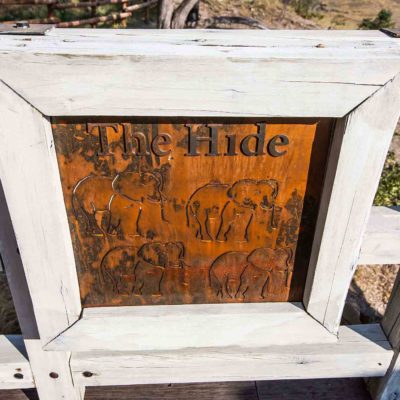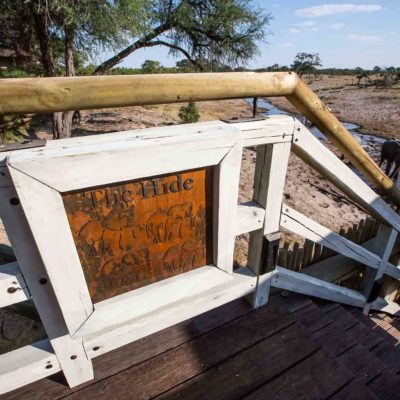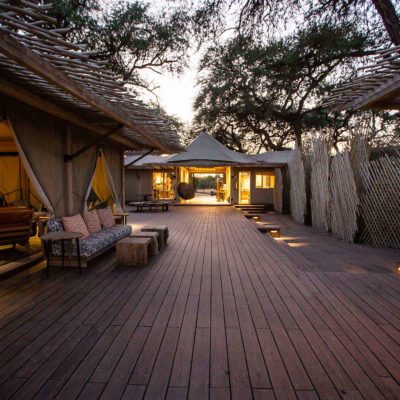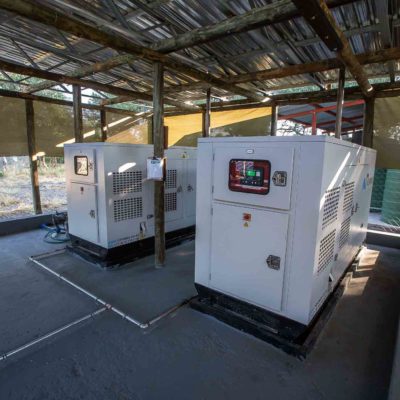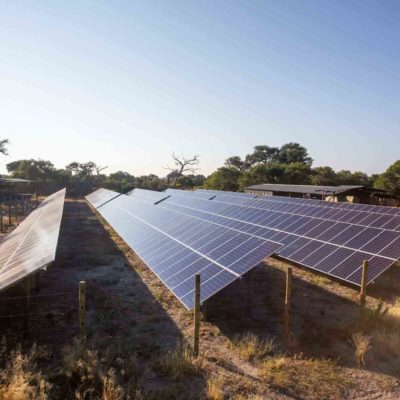Nxameseri Island Lodge in a Nutshell
Imagine you arrived in the Okavango decades ago and wanted to build a safari camp……if you came across this island, you would likely look no further! It is paradise here! The thick riverine vegetation, palm and papyrus fringes and the constant pleasant chatter of birds, make this one of our favourite locations for an Okavango experience on the water. This is not a prime wildlife area mind, being surrounded by a peaceful community of villages. You do not come here for predators but rather to see the beauty of the Okavango river itself and the vast array of aquatic species that thrive here.
Fast Facts
- 11 thatched and tented chalets
- “Wet Camp” with an emphasis on water activities
- 16 guests Maximum
- Price range of USD – USD pppn
- small swimming pool
- Access to main channel of Okavango River
- Vehicle excursions to Tsodilo Hills
- Access by vehicleor light aircraft
- Located near Tribal area
- Helicopter nearby for scenic flights
- “Barbel run” tiger fishing. Excellent fishing generally.
- Mokoro activity
- Birding
How to Get There
You can fly into the lodge’s own airstrip from just about any other bush airstrip and Maun. We like this camp because it is also accessible by vehicle – there is tar road access from Maun although this road has bad potholes and it may take up to 4 hours to get here. The last few kilometres requires 4×4 or the use of a boat or mokoro
Game Viewing and Activities
Nxameseri IS NOT in a “prime” wildlife viewing area so do not expect to see much of the big game or any predators. However, there is plenty of life here, mostly in the form of water dependent species like hippo, elephant, crocodiles and exceptional birdlife. It is also exceptionally beautiful, showcasing the beauty of the Okavango delta YEAR ROUND, being located on a permanent channel on the “panhandle” of the delta.
The fishing at this camp is excellent especially during the late dry season when temperatures heat up. Fishermen particularly come for a natural event called “The Barbel Run,” where swarms of catfish chase small fish on the edges of the papyrus beds – the ensuing melee of birds, crocodiles and a rush of activity make this an event worth witnessing even if you are not interested in fishing. Serious birders should consider coming to Nxameseri during this time.
This lodge is an excellent base if you wish to explore the nearby Tsodilo hills.
Serious (and the not so serious) birders visit here – its a great place to see habituated fish eagles, breeding carmine bee-eaters at their nest holes (seasonal), various kingfishers, African skimmers and Pel’s fishing owls. The list is of course much longer and many birds can show in big congregations at certain times of year, especially when water levels are low. Most of this viewing is done from boats although they do offer mokoro rides in the floodplains.
A further attraction is that it is possible to do a helicopter flip – this is one of the most scenic parts of the delta for this activity as the winding waterways make for spectacular scenery. The prime wildlife viewing areas are also fairly close (by flying standards) so you can see game from the helicopter.
Camp Environment
Nxameseri has an idyllic location. Certainly it has one of the most lush and relaxing settings that you would struggle to match in any other delta camp. The island is extremely well shaded, and so are the tented chalets. You will find your self slipping into relax mode as soon as you step off the jetty. Nxameseri is not on the main channel of the river like some of the other lodges in the area. This means it is extremely quiet and you will not get the traffic of other boats in front of camp. The rural area around the island is home to peaceful village people, going about their daily routine of fishing, herding cattle or tending to their fields. Being an island, this activity is somewhat hidden once in camp.
The main area here is thatched. This is one of the original camps in the Okavango and so it has a concrete and brick footprint in this main area and the original structures. Camps like this usually retain the charm of their original founders and Nxameseri is of no exception. Recently, a wooden overlay of decking sits above the concrete floors – its a fantastic look. Views from the main seating area look into the lily-clad back waters of the Nxameseri channel, sometimes with the odd otter swimming by! The furnishings are very comfortable and the owners have used a lot of local crafts for decoration.
Dining is done on a communal table with the lodge management. Actually, you feel like you are visiting a friend at their house here, with all the staff very relaxed and natural in their approach to entertain you. Its a small and quiet affair really, being a lodge with a small capacity and no “forced” interactions.
The recent upgrade of the rooms was welcome. The wood, canvas and thatched structures fit perfectly with the island. Each unit is well raised above the high flood mark, so you get a feel that you are elevated in the trees. Units are well spaced so you get privacy and the thick vegetation helps in this regard. All are modern, not excessively lavish, well appointed and classily decorated. The photography displays in the rooms are excellent, portraying stunning images of local water birds known to the area.
What we think
It is one of our favourite places. We even holiday there ourselves when we have the time. Yes it is not in a prime area for big game, but you can easily combine a visit here with other lodges and activities that provide this.
It is modern and newly refurbished, therefore meets the standards of this era of modern safari camps.
In particular, it is the fact that this is a family run business, owned by a family that have been in Botswana for generations. The charm and natural feel of this camp certainly reflect this. PJ Bestilink, who built the original camp also runs horse safaris in the Okavango Delta. His son, Brad Bestilink, pioneered diving and filming of crocodiles in the area as well as producing many well known wildlife documentaries on Botswana that you may have seen. (Natural History film Unit)
